Index relies entirely on the support of donors and readers to do its work.
Help us keep amplifying censored voices today.
Well that was harder than we imagined. For our 2024 year-end campaign, author Marc Nash came up up a banned books holiday quiz where he took the titles of 20 books that have been banned around the world and created cryptic clues to each of the titles.
Thank you to everyone who took part and we have chosen five people at random from those who entered to win a year's print subscription to Index on Censorship magazine. Congratulations to Sammy Thompson, Megan Kenyon, Sophie Collier, Theodora Wakeley and Asli Anak. We will be in touch shortly to arrange your subscription. For those of you who missed on on oue of the prizes, you can subscribe here.
For those who didn't take part but want to try for fun, you can do so here.
The answers are below:
| Book clue | Answer | ||
|---|---|---|---|
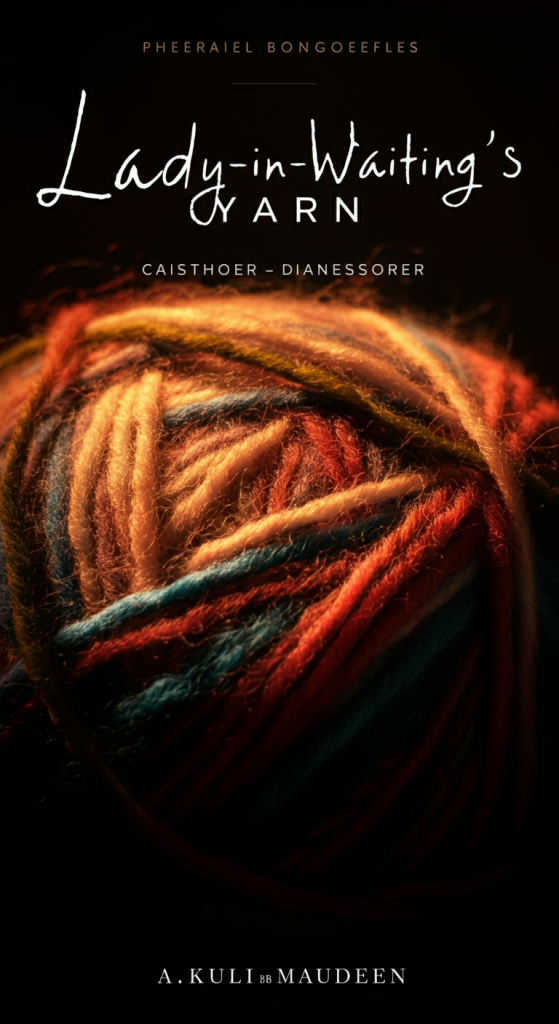 | Clue: Lady in Waiting's Yarn The Handmaid's Tale by Margaret Atwood |  | Clue: Wind-Up Citrus A Clockwork Orange by Anthony Burgess |
 | Clue: Sirocco Removing All In Its Path Gone With The Wind by Margaret Mitchell | 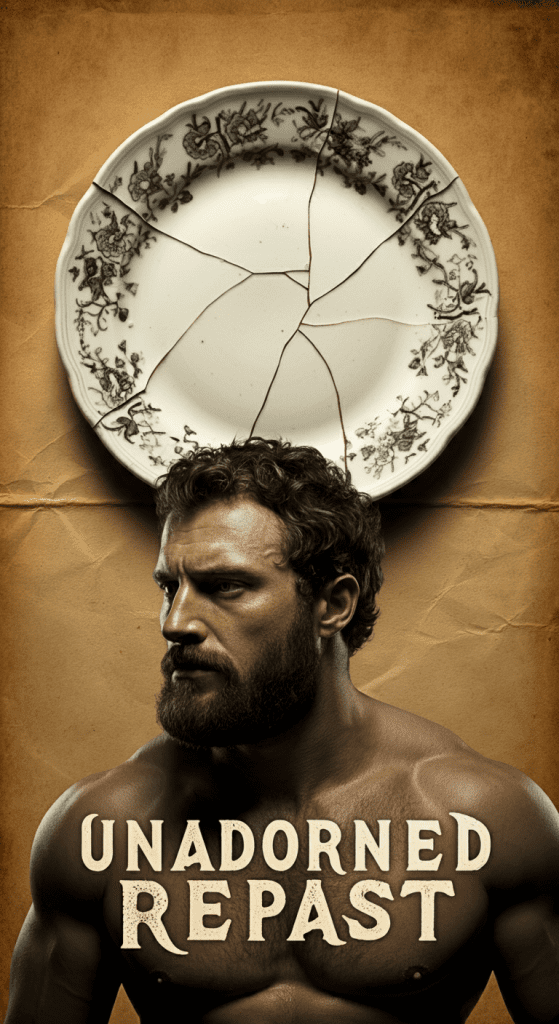 | Clue: Unadorned Repast Naked Lunch by William S Burroughs |
 | Clue: Unendurable Existential Levity The Unbearable Lightness of Being by Milan Kundera |  | Clue: Abbatoir Quintuplet Slaughterhouse Five by Kurt Vonnegut |
 | Clue: MA (Hons) celebrates with tequila and triple sec in salted glass The Master and Margarita by Mikhail Bulgakov | 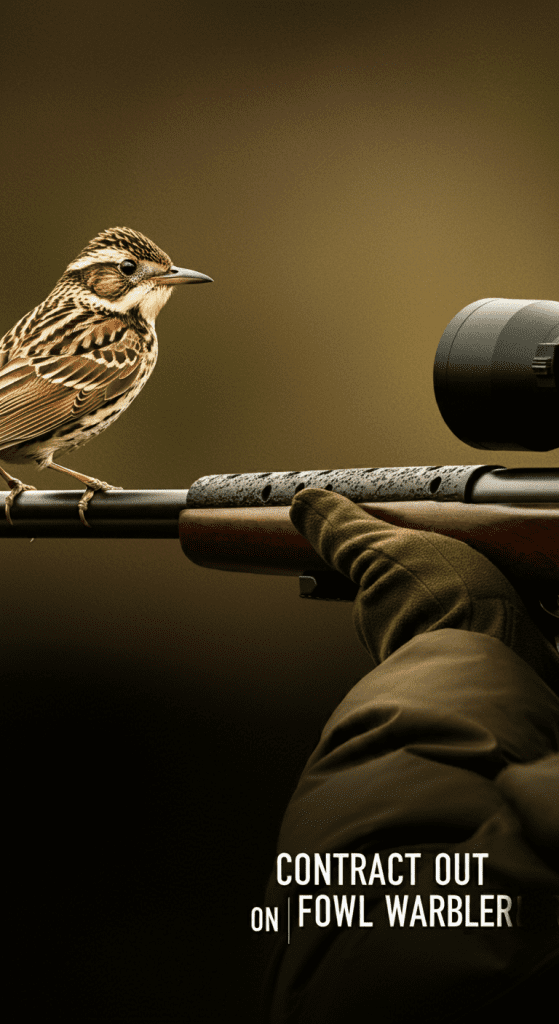 | Clue: Contract Out On Fowl Warbler To Kill A Mockingbird by Harper Lee |
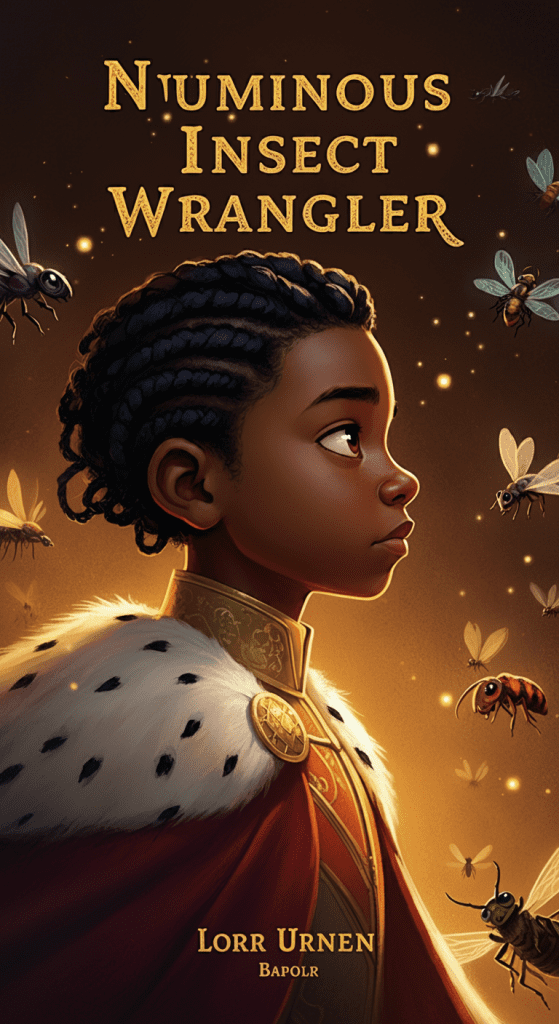 | Clue: Numinous Insect Wrangler Lord of the Flies by William Golding | 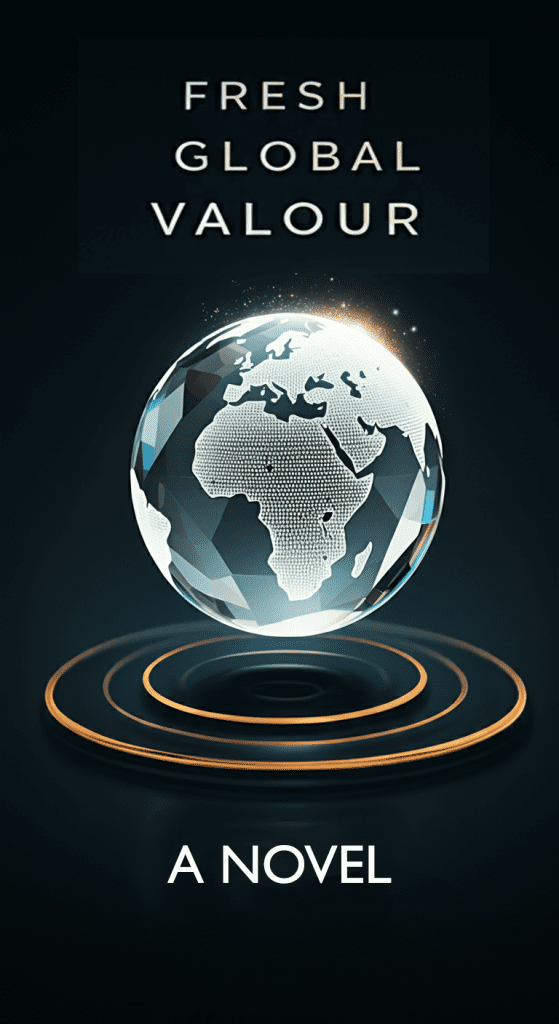 | Clue: Fresh Global Valour Brave New World by Aldous Huxley |
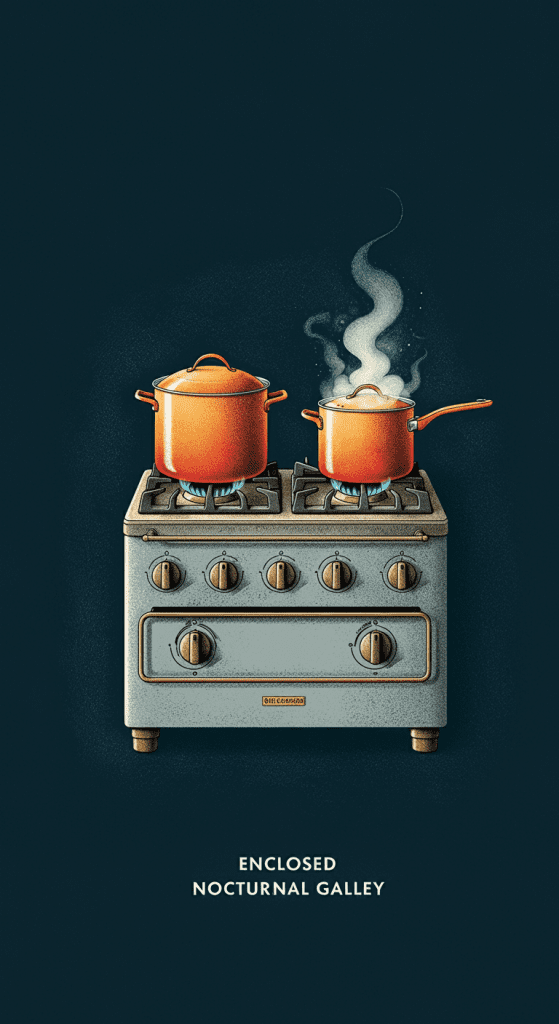 | Clue: Enclosed Nocturnal Galley In The Night Kitchen by Maurice Sendak |  | Clue: Phonetic Alphabet's T Aggregates Trinity And Tango Makes Three by Justin Richardson and Peter Parnell |
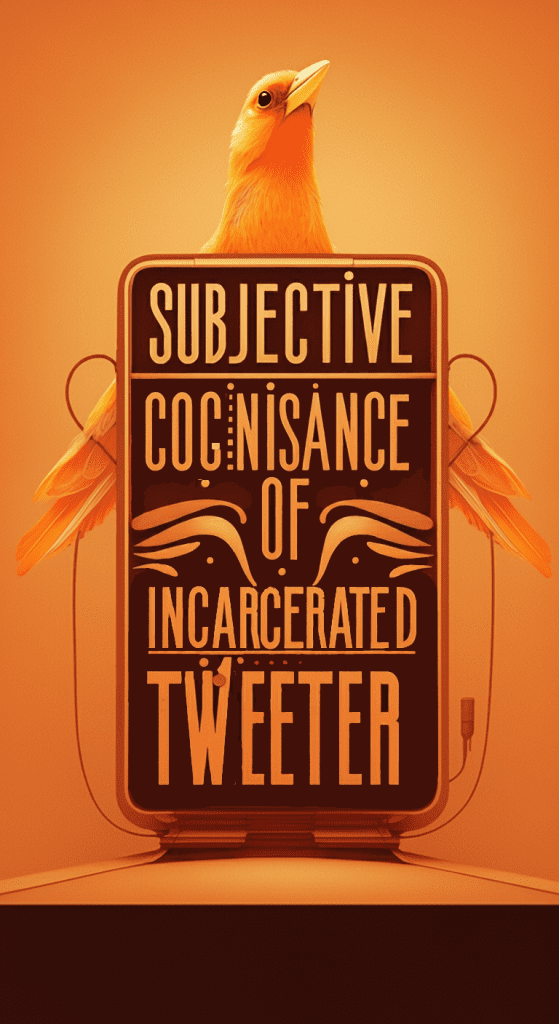 | Clue: Subjective Cognisance of Incarcerated Tweeter I Know Why The Caged Bird Sings by Maya Angelou | 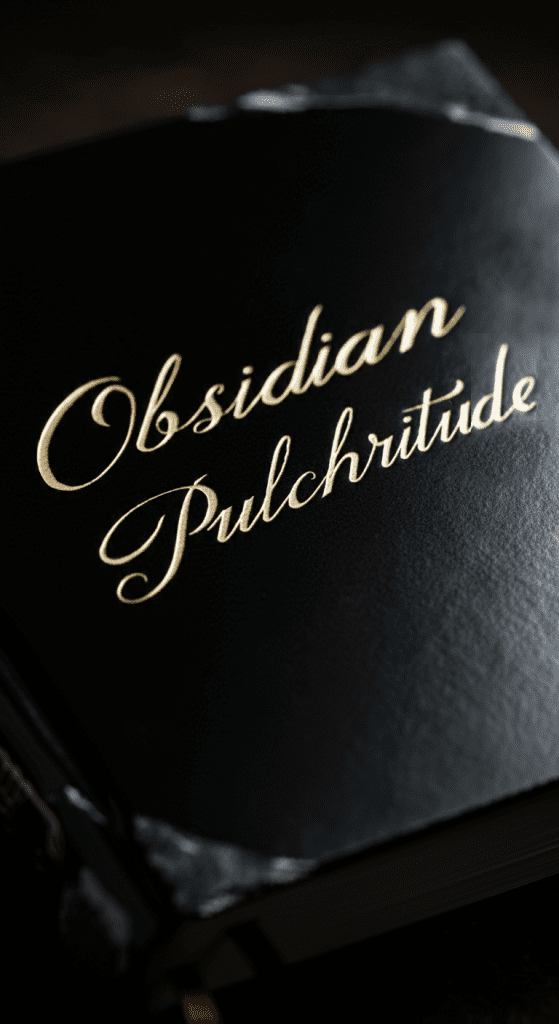 | Clue: Obsidian Pulchritude Black Beauty by Anna Sewell |
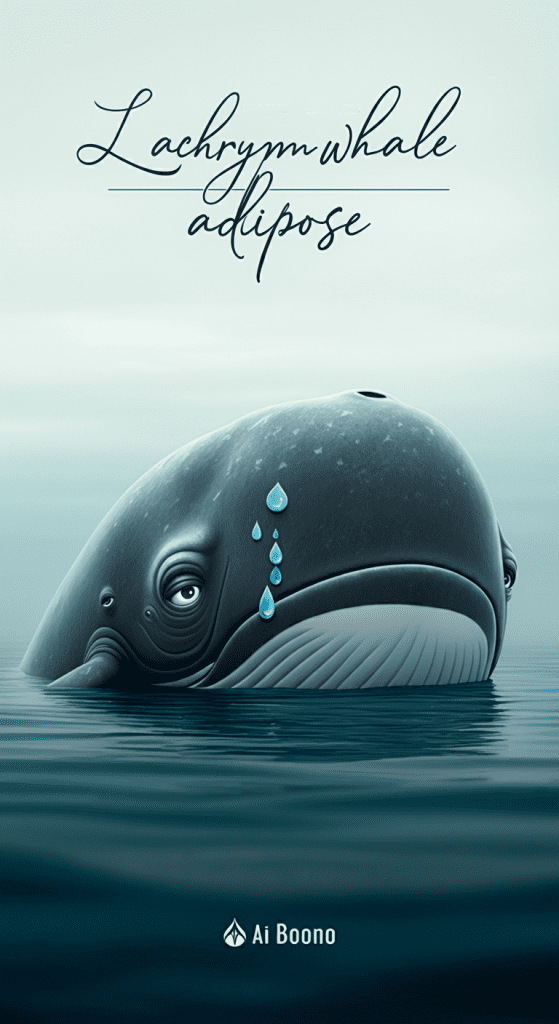 | Clue: Lachrymal whale adipose Blubber by Judy Blume |  | Clue: Benefits Of A Blooming Mural Climber The Perks Of Being A Wallflower by Stephen Chbosky |
 | Clue: Specific Case of Tadpole Into Frog Metamorphosis by Franz Kafka | 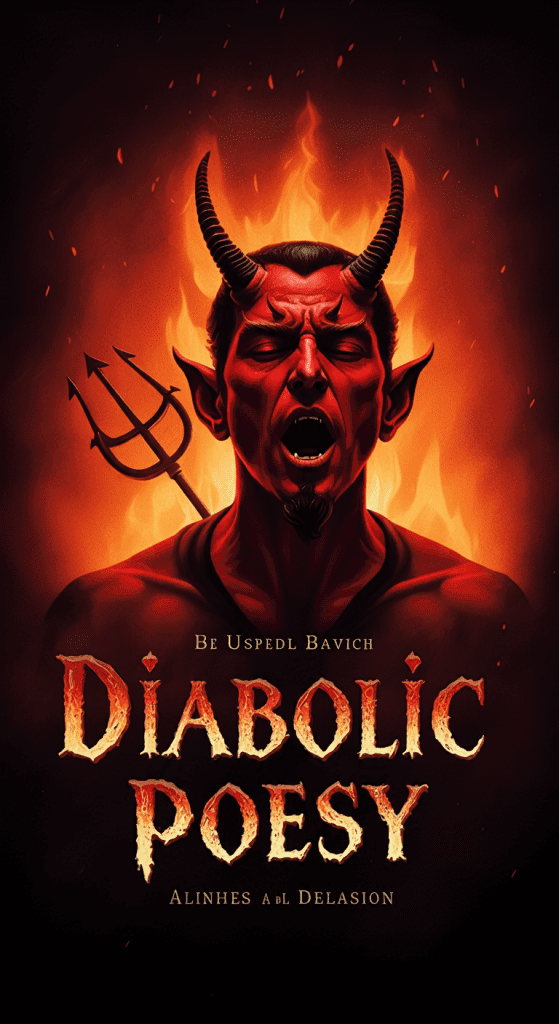 | Clue: Diabolic Poesy The Satanic Verses by Salman Rushdie |
 | Clue: Full-on Occidental Ventral Hushing All Quiet On The Western Front by Erich Maria Remarque | 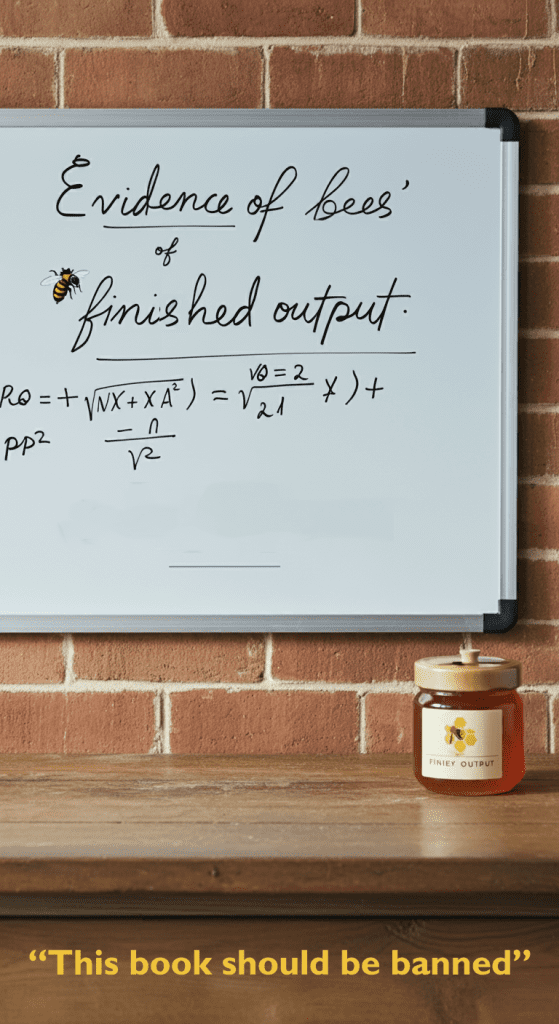 | Clue: Evidence Of Bees' Finished Output The Proof Of The Honey by Salwá Nuʻaymī |
The Palestinian lawyer and human rights defender Diala Ayesh has been released, after spending almost a year in Israel’s Damon Prison.
She was initially arrested on 17 January 2024 by Israeli military forces as she passed through a military checkpoint in the West Bank.
On 25 January 2024, she was issued a four-month administrative detention order by the Israeli military’s Central Command for the occupied West Bank. Reports indicate that this order was imposed without charge or trial, and Ayesh was not brought before a court. The detention order was subsequently renewed several times until her release. According to her lawyers, she endured assault, threats and verbal abuse by Israeli soldiers during her arrest.
Shortly after her release, Diala Ayesh commented on the worsening conditions within Israeli prisons since the siege on Gaza began. The following quote has been translated into English from Arabic from an interview released by Quds News Network:
“The conditions for female detainees are much, much worse in comparison to before the war. This is the testimony of people in prison before and during the war. There are constant human rights violations.”
Since 2018, Ayesh has monitored the suppression, arrest and persecution of Palestinians exercising their human rights. She has represented many who have been targeted and has provided legal support to women journalists persecuted by Palestinian security agencies. Following Hamas’s 7 October attacks and Israel’s retaliation in Gaza, Ayesh continued her work providing legal advice and visiting Palestinian prisoners in Israeli jails.
In November 2024, Ayesh won Index on Censorship’s Freedom of Expression Award for Campaigning. She was awarded for her bravery and fortitude, fighting opposition on every side. The Campaigning category honours activists and campaigners who have had a marked impact in fighting censorship and promoting freedom of expression.
Jemimah Steinfeld, CEO of Index on Censorship, said:
“We’re pleased to hear that Ayesh is out of prison and can hopefully get back to her crucial work. It is worth repeating – she should never have been arrested to begin with and we hope that this marks the end of her harassment. We also hope that it signals a change in how both Israeli and Palestinian authorities treat human rights defenders.”
For more information or press enquiries, please contact: [email protected]
Index on Censorship is a non-profit organisation that campaigns for and defends free expression worldwide, including by publishing work by censored writers and artists and monitoring threats to free speech. We lead global advocacy campaigns to protect artistic, academic, media and digital freedom to strengthen the participatory foundations of modern democratic societies. www.indexoncensorship.org
Last month’s official confirmation that Saudi Arabia has been chosen as the host of the 2034 World Cup is evidence that sport has a long way to go when it comes to the protection of human rights and freedoms.
Saudi Arabia’s acquisition of the most prestigious competition in international football is just the state’s latest foray into the sporting world. The state has already been accused by critics of sportswashing – using sport to divert attention from its bad practices – due to other hosting and funding duties in Formula 1 races and golf tournaments, amongst other events.
It is no surprise that Saudi Arabia is keen to enhance its international standing; the nation caused global outrage in 2018 when journalist Jamal Khashoggi was murdered at the Saudi consulate in Istanbul, an act that is believed by US intelligence to be state sanctioned but which Saudi Arabia strongly denies.
Lawyer Rodney Dixon, who has represented Khashoggi’s fiancée Hatice Cengiz, has warned against a Saudi World Cup. “FIFA should not permit Saudi Arabia to host the World Cup if it continues to flagrantly disregard human rights in several areas in breach of Fifa’s own policies,” he jointly wrote in a legal submission with other legal experts. “It is obvious that Saudi Arabia falls very far short of those requirements.”
Concerns have been raised about Saudi Arabia’s commitment to protect human rights and freedoms in other areas such as their poor record on women’s rights, LGBTQ+ rights, treatment of migrant workers and lack of media freedom. In Freedom House’s latest Freedom in the World report the state was categorised as not free, as “Saudi Arabia’s absolute monarchy restricts almost all political rights and civil liberties”. Such a description hardly lends itself to the idea that a Saudi World Cup is deserved, or even well intentioned – despite the insistences from football's governing authorities.
FIFA’s decision to award the World Cup to Saudi Arabia has therefore already been held under much scrutiny. The legitimacy of the decision-making process itself has been called into question after the governing body implemented a fast-track application process which resulted in Saudi Arabia’s bid being unopposed.
The decision is also potentially a violation of FIFA’s own human rights policy, which was adopted by the organisation in 2017 and pledges to “go beyond its responsibility to respect human rights… by taking measures to promote the protection of human rights”. By awarding the world’s most-watched sporting event to a nation with such an unfavourable record on human rights and freedoms, FIFA falls far short of such promises.
However, FIFA isn’t the only governing body to back the move. The Football Association (FA) – England’s leading authority on football – also supported Saudi Arabia’s bid, a move that has been defended by FA chair Debbie Hewitt.
A statement from the FA said: “[The Saudi Arabian Football Federation] assured us that they are fully committed to providing a safe and welcome environment for all fans.” This line was repeated by Saudi Arabia’s sports minister Prince Abdulaziz bin Turki Al Faisal, who claimed that “everyone is welcome” at the tournament. However, with same-sex activity strictly forbidden in the state, it’s unlikely that LGBTQ+ people will feel confident about such a warm welcome – Jake Daniels, the only openly gay active male professional footballer in the UK, told the BBC last year that he “wouldn’t feel safe” at a Saudi World Cup.
Saudi Arabia has already shown its desire to become a big name in the footballing world. Having hosted the 2023 Club World Cup, they have since been awarded the privilege of hosting the 2025 Supercoppa Italiana and the 2027 Asian Cup, as well as agreeing a deal to host the Spanish Super Cup until at least 2029.
Further ventures have also been made into a number of different sports, with the state hosting major events such as the boxing match between Tyson Fury and Oleksandr Usyk, which took place last year and was described as “the biggest pay-per-view fight in history”.
Saudi Arabia defends itself against claims that it is utilising sport as a means of distracting the public from their poor human rights record by suggesting that it is using sport as a means of changing attitudes. However, similar arguments were used by Qatar when protests were made against it hosting the 2022 World Cup, but such change has failed to materialise.
We have a duty to question the motivations behind the sudden interest of undemocratic states in sporting events, and to call out the human rights abuses in such states that prevent citizens from exercising their freedom of speech and expression. Football – and sport in general – holds a great deal of soft power as a political arena due to its popularity and reach. Those who seek to exploit such power at the expense of rights and freedoms should be condemned, not supported.
What do you do when your culture has been destroyed? When your studios, galleries, and universities all lie in rubble? How do you plan to rebuild when war continues? And how do you find hope amidst utter devastation?
These were some of the questions asked during Archiving Gaza in the Present, a two-day conference held at SOAS University by the Arab British Centre and the Centre for Palestinian Studies in December. The conference brought together artists, writers, journalists, architects and more to discuss the desperate situation facing those in Gaza today.
A ceasefire deal has now been agreed in principle between Israel and Hamas, which is due to come into effect this Sunday. The Israeli Cabinet still needs to vote on the deal, and if it passes, this could see an end to the current conflict.
But since the siege on Gaza began 15 months ago, more than 45,000 people have been killed and roughly 1.9 million people displaced. The impact of the war on Gaza’s institutions is also devastating. According to a report by Human Rights Watch, more than 93% of Gaza’s schools and all of their universities have been destroyed or significantly damaged. What’s more, 195 heritage sites, 227 mosques and three churches have also been damaged or destroyed.
It was amidst these horrifying figures that conversations unfolded, as artists, architects and cultural leaders from Gaza gathered to reflect on what has been lost and to consider the path forward.
A conversation between artists Hazem Harb and Malak Mattar put things into perspective. Harb, an artist from Gaza now based in Dubai, spoke about the destruction of Gaza’s Young Men's Christian Association (YMCA) building where he first learnt art as a teenager. It was in that space that he also met some of the artists who he continues to work with today. Since then, the YMCA has been destroyed along with their art studios.
Malak Mattar, a painter and illustrator representing a younger generation of Gazan artists, is now based in the UK. Witnessing the war from abroad, including the destruction of her family home, has profoundly influenced her artistic practice. Once characterised by vibrant colours, her work now relies solely on black and white.
During the session, she discussed her piece No Words, inspired by real events in Gaza that she observed online. At its centre, a young boy sits on a horse-drawn cart with all his belongings strapped on to it. To his left, limbs protrude from the wreckage of destroyed buildings, birds pick at decaying flesh, and a mother clutches her baby in fear. To his right, a soldier takes aim with his rifle while men are lined up as prisoners. The painting evokes echoes of Iraqi artist Dia Al-Azzawi’s Sabra and Shatila Massacre mural, created in response to the massacre of civilians at the Sabra and Shatila refugee camps in Beirut, Lebanon in September 1982.
“This is not only my painting, it belongs to the people of Gaza, and I hope it really disturbs you, I hope it haunts you forever…” Mattar said in an interview with The Markaz Review.
Even before October 2023, Gaza was a challenging place to be an artist. Israel’s blockade on Gaza since 2006 has had a profound impact on all aspects of life including the economy, freedom of movement, and the arts. The blockade limited access to art materials and supplies and severely restricted travel, preventing many Gazan artists from engaging with the wider world. What’s more, artists faced censorship and self-censorship under the control of Hamas, including restrictions on free expression. Gaza’s Hamas-run Culture Ministry cracked down on work that did not conform to its edicts and all artists and performers were forced to get permits from the Hamas authorities in order to put on cultural events.
But as bad as things might have once been, they are certainly worse now.
Yet all is not lost. During the conference, cultural practitioners shared how they are already working to rebuild what has been destroyed.
One such example is artist Salman Nawati and the NAWAF collective, who have created the Sahab Museum project, an imaginative virtual museum. Their latest initiative, BARRA (Off-site), is a virtual reality experience where participants can explore, collect, and reflect on artworks that have been lost or damaged and symbolically return them to the Sahab Museum. The project aims to create “a space to rethink and imagine—a space for our dreams to take shape despite the weight of Gaza’s violent everyday life”.
Others, such as RIWAQ director Shatha Safi, are already planning the rebuilding of Gaza. RIWAQ is an organisation that works on preserving and restoring archeological sites across the West Bank and Gaza. Before October 2023, they had successfully restored a number of historic buildings in Gaza, transforming them into vibrant community spaces. Now, those same buildings are either partially or completely destroyed. However, they don’t plan to give up. Today, they are documenting information about the level of destruction on Gaza’s old city. With an end to the war now hopefully in sight, they plan to work with the local community in the future to rebuild once again.
It is hard to reflect on the conference without feeling despair and hopelessness. Yet, for people in Gaza, hopelessness is not an option. And with a ceasefire now on the horizon, there is a glimmer of hope for the opportunity to begin cultural reconstruction. As one speaker reminded us at the end of the day, the late Palestinian-American academic Edward Said famously said, “where cruelty and injustice are concerned, hopelessness is submission”.